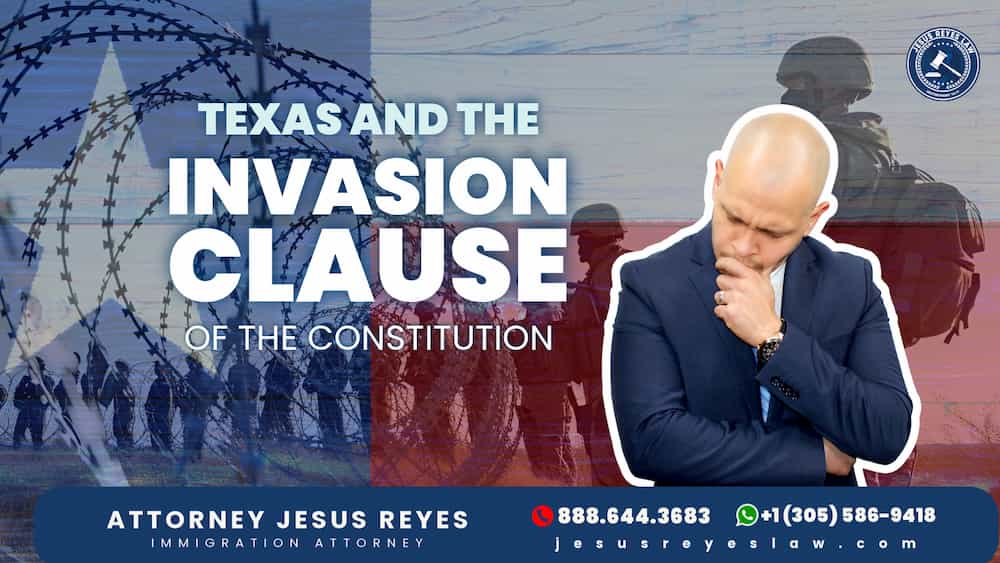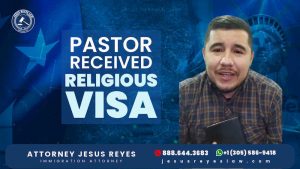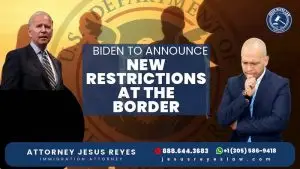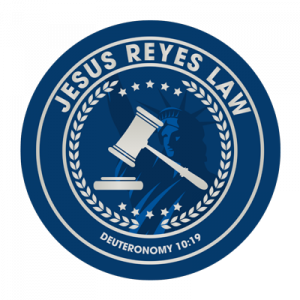In an unprecedented move that has captured national and international attention, the State of Texas has resorted to an extreme measure in its attempt to control what it describes as an illegal immigration crisis on its southern border. Invoking what is known as the “invasion clause” of the United States Constitution, the Texas government has justified the enactment of SB4, legislation that seeks to combat illegal immigration by forcing local law enforcement to cooperate with federal immigration efforts. This article explores the legal, political, and social dimensions of SB4 and the controversy surrounding its association with the invasion clause.
SB4: A Controversial Step Forward
Enacted in [insert year], SB4 is one of the strictest state-level immigration laws in the United States. Among its most notable provisions, it requires local law enforcement agencies to comply and cooperate with federal detention requests for individuals suspected of being in the country illegally. Furthermore, it penalizes any city or local official who adopts “sanctuary city” policies that limit cooperation with federal immigration authorities.
Invocation of the Invasion Clause: Legal Foundation and Challenges
The basis for this legislation lies in a bold interpretation of the invasion clause contained in the United States Constitution, which has traditionally been understood as a provision for armed incursions or foreign attacks. However, the State of Texas argues that the scale and effects of illegal immigration in its territory justify the invocation of this clause, presenting the situation as an “invasion” in a broad sense that threatens the state’s security and economic wellbeing.
Arguments in Favor
Proponents of SB4 and the invocation of the invasion clause argue that Texas faces an unprecedented crisis that justifies extraordinary measures. Citing the increase in crime, drug trafficking, and human exploitation associated with illegal immigration, they contend that the state has the right and duty to protect its citizens. They argue that forced cooperation between local and federal agencies is essential to closing the law enforcement gaps that have been exploited by illegal immigrants and traffickers.
Arguments Against
On the other hand, critics of SB4 and the expansive interpretation of the invasion clause argue that these measures violate constitutional and human rights of individuals. They claim that the law promotes racial discrimination, ethnic profiling, and undermines trust between immigrant communities and local authorities. Moreover, they maintain that the immigration crisis is a federal issue that requires solutions at the national level, beyond punitive state-level measures.
Precedents and Future Outlook
The implementation of SB4 and the invocation of the invasion clause have led to multiple legal challenges, testing the validity of these measures in court. While some judicial precedents have questioned the legality of imposing federal immigration responsibilities on local authorities, others have recognized the gravity of the situation on the Texas border and the need for stronger state action. This legal debate not only highlights the complexities of U.S. immigration law but also the tensions between state and federal powers.
Impact on Communities
The impact of SB4 and the rhetoric of invasion is deeply felt in Texas’s immigrant communities. Reports indicate an increase in fear and distrust towards authorities, which in turn affects these communities’ willingness to report crimes or seek basic services. Immigrant rights advocates argue that this climate of fear undermines public safety and social cohesion, endangering not only immigrants but the entire community.
National and International Perspective
The situation in Texas has captured national and international attention, serving as a focal point in the broader debate on U.S. immigration policy. While some states have expressed support for Texas, adopting similar measures, others have strongly criticized these actions, arguing they reflect a lack of humanity and a misunderstanding of immigration and its underlying causes.
Internationally, the invocation of the invasion clause and the implementation of SB4 have been criticized by human rights organizations and foreign governments, who see it as a setback in respect for immigrant rights and an abdication of principles of asylum and refuge.
Where We Go From Here
The future of SB4 and the use of the invasion clause in Texas remains uncertain. What is clear is that the situation in Texas has highlighted the urgent need for comprehensive immigration reform in the United States. Such reform should address not only border security and law enforcement but also the underlying causes of migration, such as violence, poverty, and instability in home countries.










